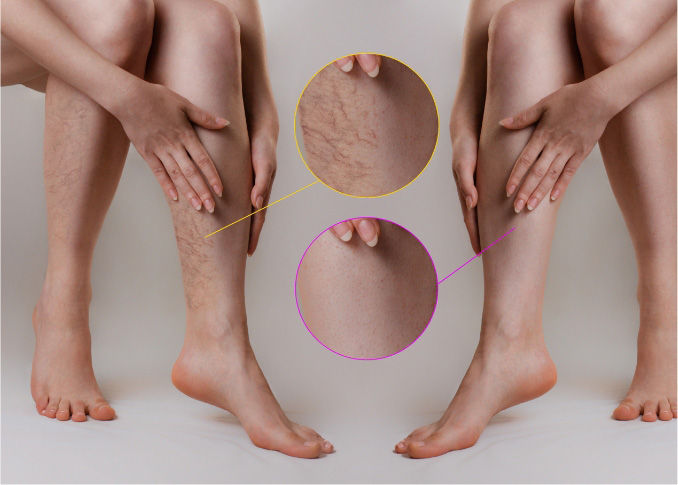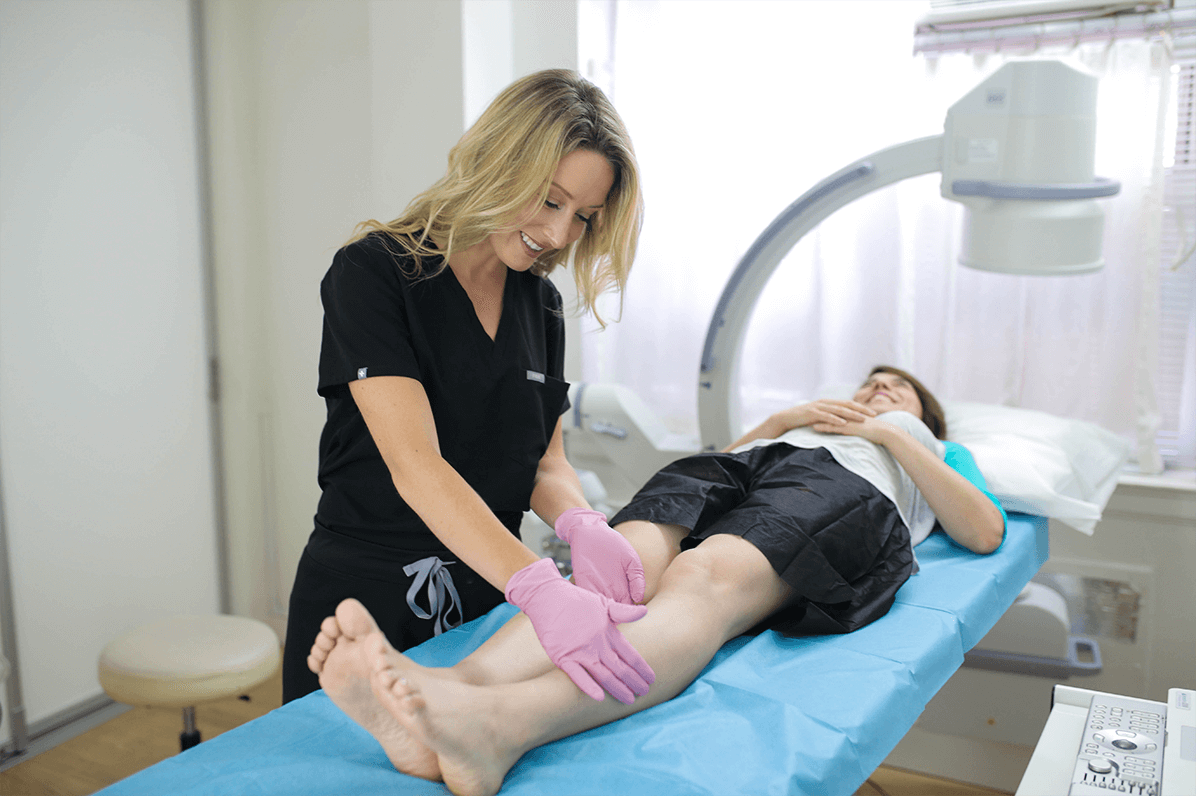Vein Treatment Long Island: What Kind of Doctor Treats Veins?
If you’re experiencing unsightly or painful varicose veins or spider veins, you might wonder what type of medical specialist you need to see. Vein Treatment Long Island offers a wide range of solutions for vein problems, but it all starts with the right doctor. So, what kind of doctor treats veins? Let’s explore your options and how to choose the right professional for your care.
Understanding Vein Conditions
Vein issues are more common than many people think. Millions of adults in the U.S. suffer from vein-related conditions, especially in the legs. The most frequent complaints include:
· Varicose veins – Enlarged, twisted veins that often bulge under the skin
· Spider veins – Smaller, web-like veins close to the skin surface
· Chronic venous insufficiency – A condition where blood pools in the veins instead of flowing properly back to the heart
These problems can lead to symptoms like leg pain, heaviness, swelling, itching, and even skin ulcers if left untreated.

What Kind of Doctor Treats Veins?
When seeking Vein Treatment in Long Island, you need to consult with a vascular specialist. However, vein treatment often involves a few different types of doctors. Here are the main ones you should know:
1. Phlebologist
A phlebologist specializes specifically in diagnosing and treating vein conditions. They often perform minimally invasive procedures like sclerotherapy, laser therapy, and radiofrequency ablation. Many phlebologists come from backgrounds in dermatology or internal medicine and have additional training in vein care.
2. Vascular Surgeon
Vascular surgeons are medical doctors trained to treat diseases of the blood vessels, including veins and arteries. While they are skilled in performing surgical procedures, many also offer non-surgical options. If your vein problem is more advanced, a vascular surgeon may be the best choice.
3. Interventional Radiologist
This type of doctor uses imaging techniques to guide minimally invasive procedures. In vein treatment, interventional radiologists may use ultrasound to treat deep vein issues or chronic venous insufficiency. They are an excellent option for patients seeking precision-based, less invasive solutions.
4. Dermatologist
For cosmetic concerns like spider veins, a dermatologist may offer laser treatments or sclerotherapy. However, they typically refer patients with more complex venous issues to a vascular specialist.
Why Choose Vein Treatment Long Island?
When choosing where to go for vein care, Vein Treatment Long Island stands out for several reasons:
Personalized Care Plans
The doctors at Vein Treatment Long Island develop customized treatment plans based on your symptoms, lifestyle, and medical history. Whether you’re dealing with discomfort, cosmetic concerns, or both, you’ll receive a tailored approach to treatment.
Minimally Invasive Procedures
Gone are the days when vein treatment meant surgery and long recovery times. The clinic offers cutting-edge, non-surgical treatments like:
· Radiofrequency ablation
· Endovenous laser therapy
· VenaSeal (vein glue)
· Ultrasound-guided sclerotherapy
These procedures are performed in-office, take less than an hour, and require little to no downtime.
Expert Physicians
The team includes board-certified phlebologists, vascular surgeons, and interventional radiologists—all highly experienced in vein care. They work together to ensure every patient receives the highest level of medical attention.

What to Expect During Your Visit
When you book an appointment for vein treatment in Long Island, your experience typically includes:
1. Consultation and Physical Exam – A vein specialist will evaluate your symptoms and examine the affected area.
2. Duplex Ultrasound – This test uses sound waves to assess how blood flows through your veins.
3. Treatment Planning – Based on your diagnosis, the doctor will recommend the most effective and least invasive treatment.
4. In-Office Procedure – Most treatments are quick and performed under local anesthesia.
5. Follow-Up Care – You'll receive guidance on post-treatment care and return visits to monitor progress.
When Should You See a Vein Specialist?
It’s easy to ignore vein problems until they get worse. But the sooner you seek help, the better your outcomes will be. Consider visiting Vein Treatment Long Island if you experience:
· Leg pain or heaviness after standing
· Visible varicose or spider veins
· Swelling in the legs or ankles
· Skin changes or ulcers near the ankles
· Restless legs or itching at night
Early intervention helps prevent complications and improves both your comfort and appearance.
Final Thoughts:
Now you know the answer to what kind of doctor treats veins—phlebologists, vascular surgeons, and interventional radiologists are your best options. Choosing the right clinic makes all the difference. Vein Treatment Long Island offers top-tier care, modern procedures, and a compassionate team focused on helping you feel and look your best.
Don’t wait until your vein issues become a serious health concern. Schedule a consultation today and take the first step toward healthier legs and improved confidence.
Comments
Post a Comment